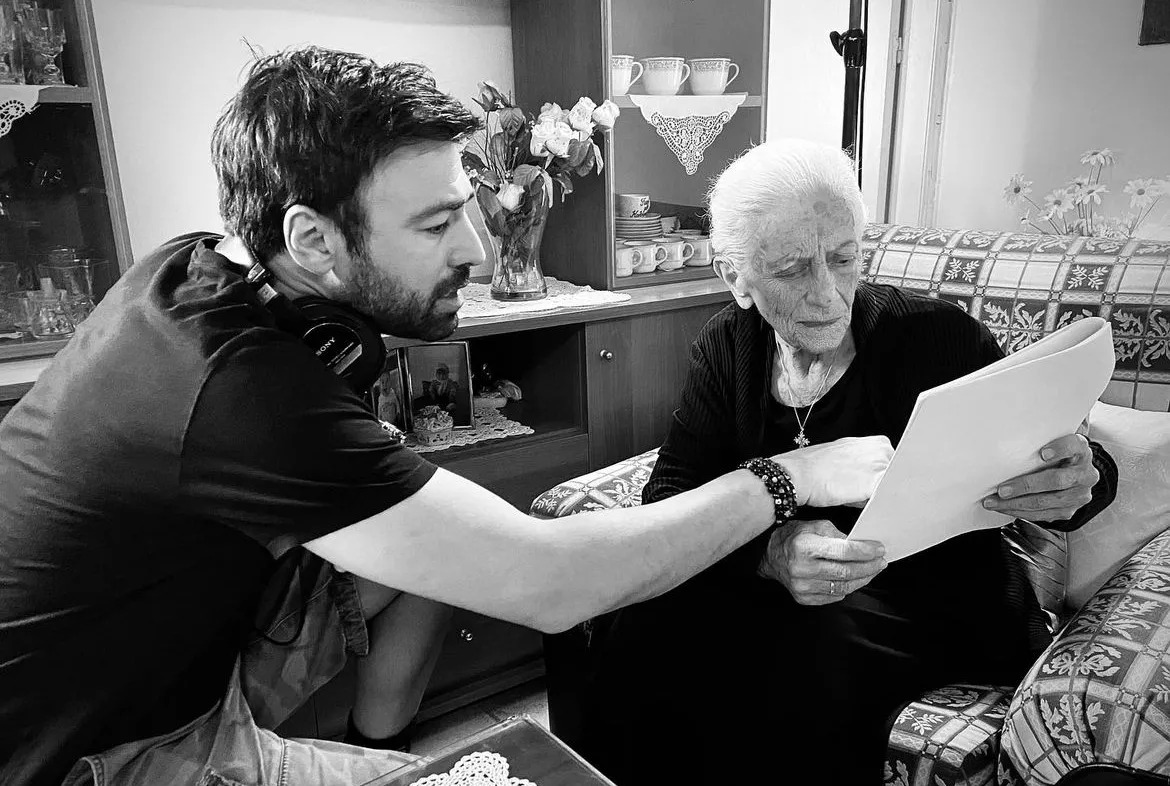I understand the reasons for the particular sensitivity regarding Famagusta. However, I find it challenging to comprehend why a group of Famagustians has been displaying unconventional behaviour on social media for some time due to a new TV series titled “Famagusta.”
Simultaneously, I am genuinely saddened, as among them are individuals I respect. I observe an outburst of comments with a tone and language that do not honour anyone. It clearly goes beyond the framework of civilised discourse, opposing viewpoints, or even protest that could stimulate reflection and discussion. This deprives me of any margin to understand the reasons behind this disturbance and potentially share any concerns.
For instance, if someone wishes to raise the question of whether, fifty years later, we need to scrape (undoubtedly untouched) wounds and reload with negative emotions provoked by the reminder and focus on past traumas, leading to the perpetuation of hatred, I am open to discussing it. However, I fail to see how inarticulate shouts and derogatory comments contribute to this direction. It seems paradoxical to be concerned about perpetuating hatred between the two communities while ignoring the toxicity generated among us.
From what I gather, it is a fictional series narrating a human story supposedly based on real events. Whether it is based on true events is inconsequential. The story revolves around a couple in Famagusta who, during the war, lost their three-month-old baby and the place they were forced to leave behind. It is not a period drama, as the script brings us to the present, with the child – now 50 years old – eventually living… Thus, the story of the series unfolds.
Certainly, this is not the first time a TV series/film/play/music piece/novel/documentary/radio sketch uses the 1974 invasion or Famagusta as its backdrop. We have seen outstanding, good, mediocre, hasty, and superficial works. However, I do not recall any being offensive, except perhaps one case that sparked significant discussion. Certainly not a priori.
Indeed, there was also a fictional TV series that, in my opinion, touched on a much more sensitive topic. Almost twenty years ago, actress Christina Pavlidou, as Turkish Cypriot Emine in the series “Vasiliki,” was a missing person who returned to Cyprus (transferred as a baby to Istanbul by a Turkish soldier who participated in the invasion – according to Yiorgos Tsiakkas’ script) 36 years (!) after 1974, seeking her true identity after her dying “father” revealed the truth. In real life, however, none of the hundreds of missing persons from 1974 returned, showed signs of life or were found alive. You would agree, I am sure, that the missing persons are the most tragic aspect of the drama, an open, bleeding wound. Those of us who did not experience this ordeal cannot comprehend the magnitude of the pain caused by the disappearance of a loved one, waiting day and night for a sign, searching without finding, asking without receiving an answer and dying with fading hope.
Nevertheless, no one thought then to say that the creators of the series were “playing” with this tragic aspect of the Cypriot issue, nor did anyone say they were “exploiting the pain of people living through it to profit.” I do not remember anyone calling them “money-hunters,” asking the actors to have “similar experiences” (!) to those of the script, or feeling “shame” and launching curses of “disgrace” and “shame” towards actors and production like another Eleni Louca in Syntagma Square. And certainly, no one felt the need, possibly feeling accountable or commissioned by the story, to give an “answer” to Despina Bebedeli (who coincidentally also participates in “Famagusta”), judging that her participation equated to either shame, shamelessness, superficiality, or a denial of sacred and holy things.
Of course, the positive thing is that none of the above was recorded at that time – I note this to avoid confusion in interpretations. Were we more mature twenty years ago? Perhaps, as time passes, we lose among all else our composure and logic? Or were we simply lacking the social media and ease they provide as a platform for uninhibited and fruitless opinions?
Returning to the main question: why so much disturbance over this fictional series, whose protagonists, according to the script, trace their origin to Famagusta, as it is internationally known? Why does its projection equate to a sin akin to Peter’s triple denial of his teacher? Where does the “humiliation of the city” come from? Where does the “offence to the memory of its people” – living, deceased, or killed in the war – come from? Where does the “outrage” come from? And truly, where does the… “distortion of history and actual events” come from? Shouldn’t the series be broadcast first, and then we can see if such issues arise?
If, on the other hand, the opposition lies in the fact that Famagusta is not a “lost homeland” and “memory,” though I find it difficult to understand the reasoning (are all the other occupied villages, trapped and missing people, memories?), I fail to see how this will change because a TV series was named after it.
Famagusta cannot be lost, nor saved by any TV series.






